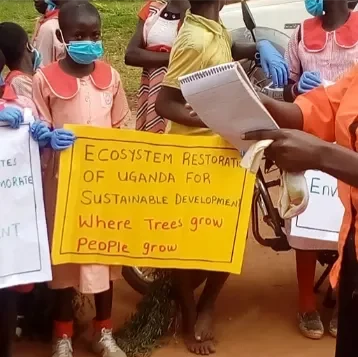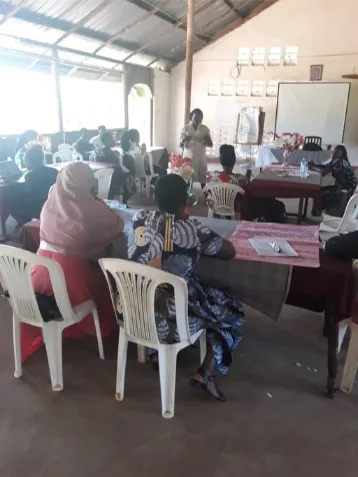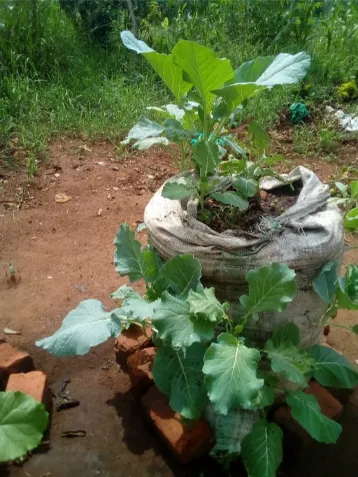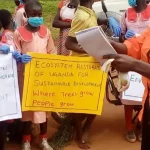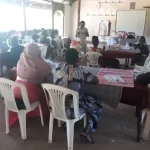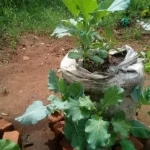Teacher: Judith Chandia
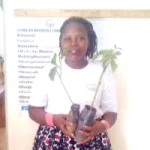
Judith Chandia
Judith has a Bachelor’s Degree in Social Work and Social Administration. She is a team player with good communication and interpersonal skills; she has developed her skills in project monitoring and evaluation through taking part in specific training; and she also has excellent IT skills.
Judith has two years of classroom experience and in that time, she has been particularly effective at mobilizing projects. She repeatedly took on leadership roles focusing on vulnerable children and community work, to do this successfully she involved all the major stakeholders in the execution of the projects. The projects also empowered community members with income-generating activities and financial inclusion, leading to their success.
Usefull links related to the Solution
Overview
Judith, a Teach For Uganda teacher, started a climate education club in her school but she was concerned about the long-term legacy and continuation of the club and the educational opportunities that would remain available to the students if she left the school. She came up with an innovative way to address these concerns. Judith also set up a community group to ensure that concern for the environment was deeply embedded in the community and to offer entrepreneurial opportunities to the members so they could use the funds to assist with school costs.
Theory of Change
Judith saw the effects of high school dropout rates, early child marriage, a lack of women’s economic empowerment and general poverty in the community and school she was teaching in. To ensure a lasting environmental and educational legacy from her work at the school she set up and implemented a community environmental group which disseminates sustainable practices and climate change education to the wider community. The group also carries out entrepreneurial activities in line with these teachings to provide financial support to members which can be used to help pay students’ school fees.
Approach and Actions
Judith set up a vibrant and inclusive environmental clubs for students at her school, the students learn about climate change and waste management as well as democratic governance. Judith took a whole school approach to the problem of climate change and used the limited land available, together with waste resources such as plastic sacking, to grow vegetables to improve her students’ diet and to demonstrate methods of permaculture to the wider community.
Judith also spent time carrying out home visits to absent students which led to improvements in attendance. She was worried that these improvements in climate change awareness and attendance would not be sustained when she left the school and this led her to form the Nezikokolima Environmental Group. This group was designed to foster a love and respect for the environment and to carry out activities to raise money for its members, who are comprised of a diverse group of local families, dignitaries and other community stakeholders. The group has an associated savings group where funds are deposited.
Impact
The Environmental Group now has 40 members and is supported at the district and the sub-county level. The club has planted 700 trees and has carried out plastic bottle recycling, the group has also made environmentally sustainable jewellery and flower art which it sells for profit.
